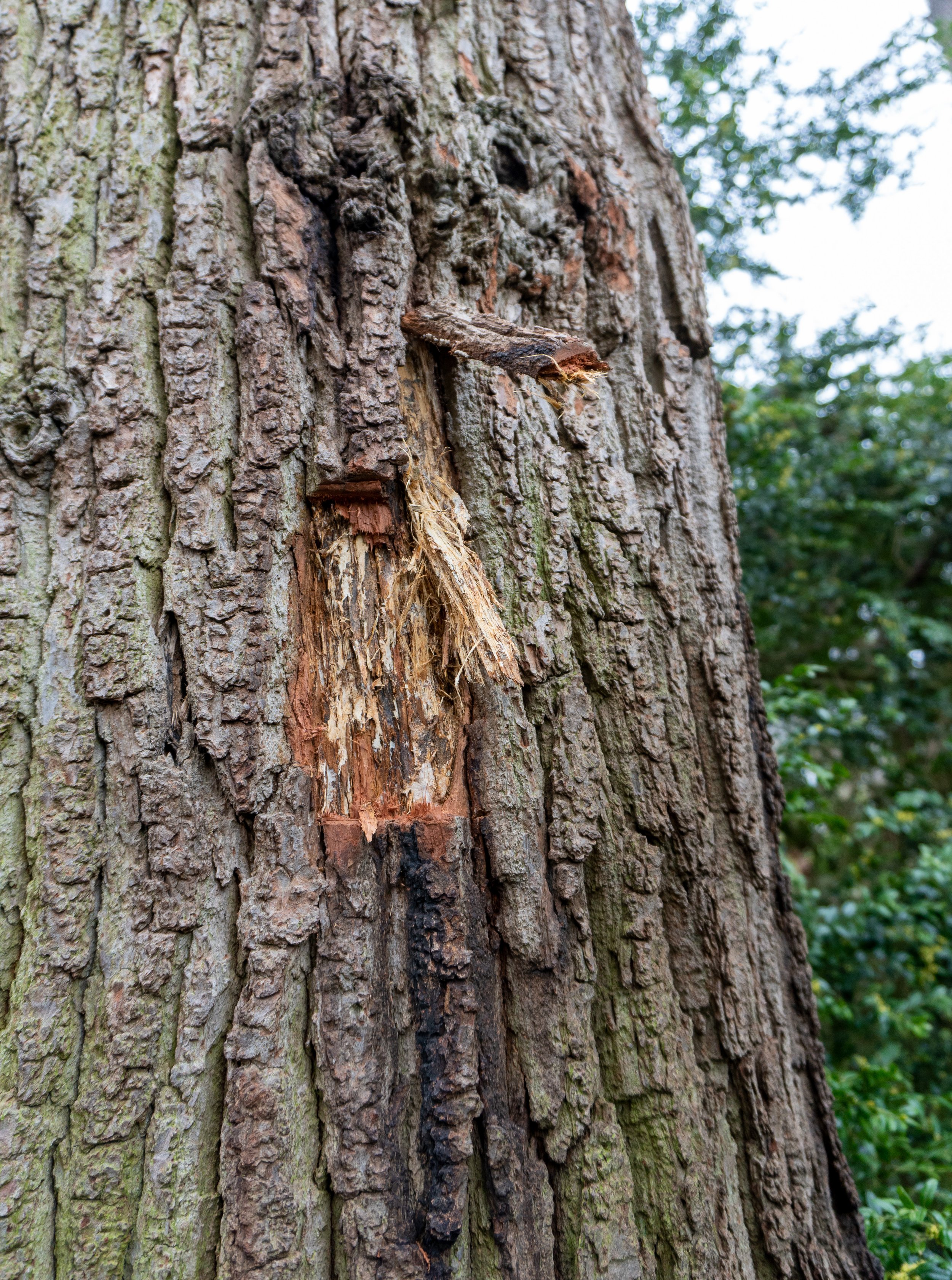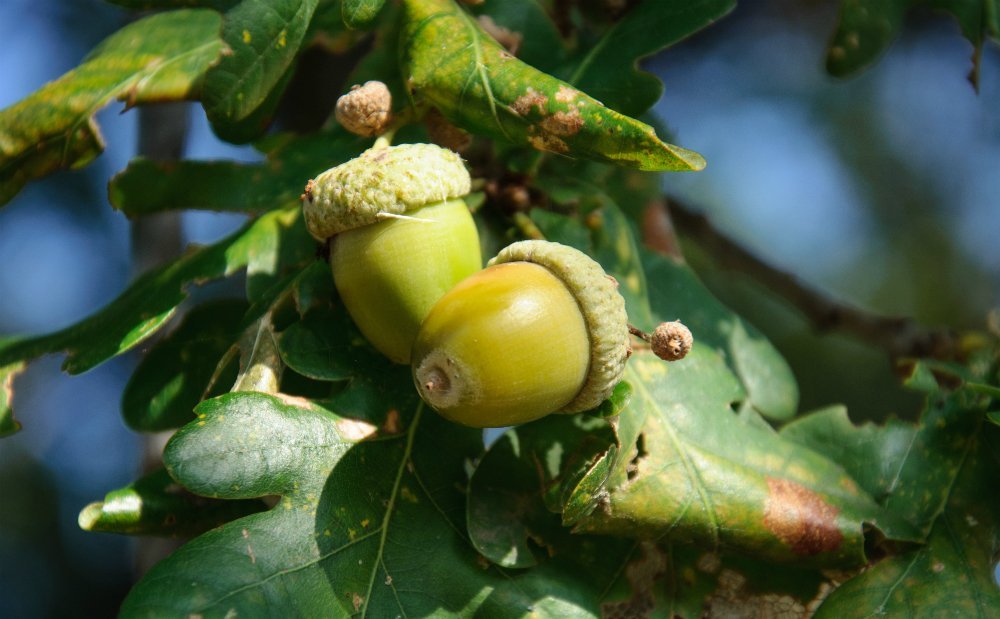Projects
Action Oak works with owners and managers of oak trees and woodlands to help protect oak trees from a range of threats.
We also fund research to improve understanding of the threats to our oak trees and identify priority areas for action. Discover more about Action Oak’s partnership projects.
If you are interested in a specific oak topic, please use the search and/or filter below.
Britain has more ancient oak trees than the rest of Europe combined, making the oak a quintessential part of our national identity.
Over 2300 species of bird, mammal, fungi, invertebrate, bryophyte and lichens use oak trees.
There are over 300 species restricted to oak trees and over 200 highly associated species.

Support us
Our iconic oak trees face a fight for survival against pests and diseases. Losing oak trees from our landscape would impact our well-being, economy and environment.
With your support, Action Oak will protect our iconic trees for future generations.














